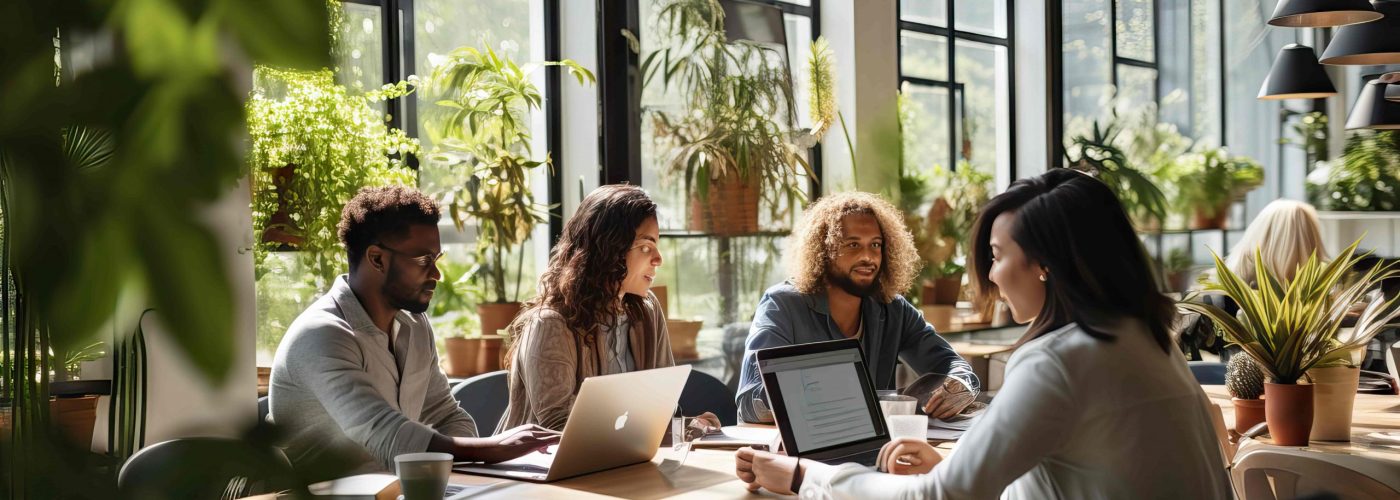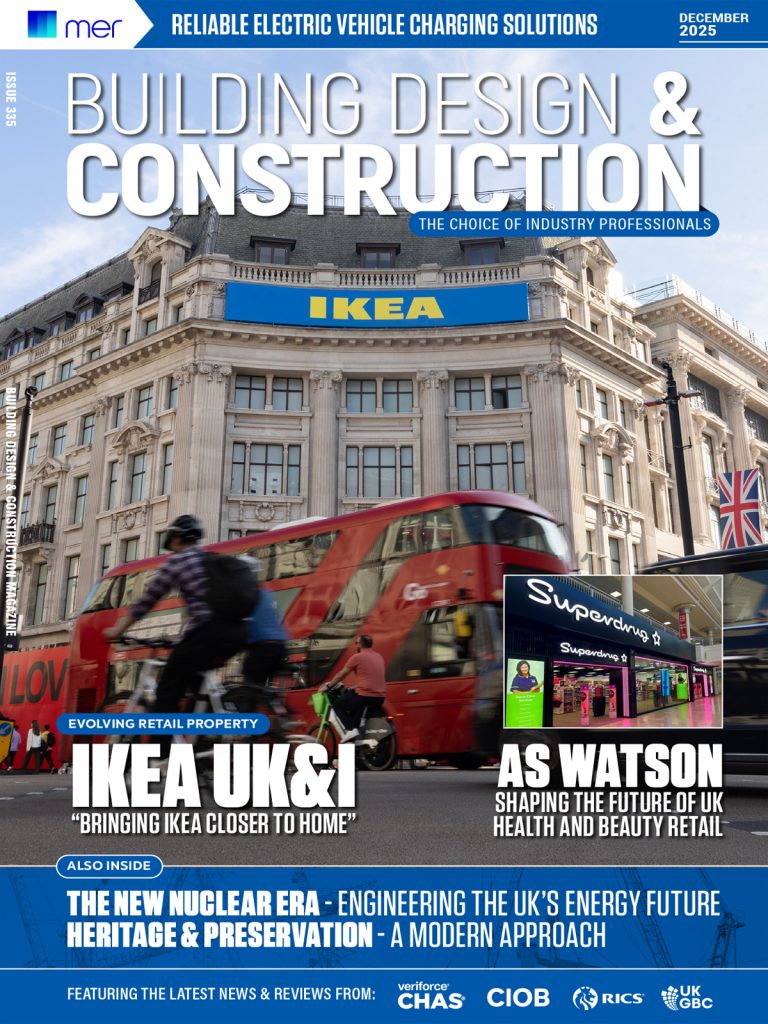Despite the seismic shift towards hybrid working, the physical office is far from obsolete. In fact, a new global survey from workplace experience experts ISS suggests the opposite: while remote work is here to stay, the modern office still plays a vital role in how we connect, collaborate and thrive at work—if it’s designed with intent.
Drawing insights from nearly 11,000 office workers across multiple continents, the study reveals that 81% of professionals now operate in a hybrid model. Working from home one or two days per week is the most common set-up, allowing employees to strike a better work-life balance, reduce commuting time and gain more control over their daily routines.
But the office, it seems, still has a heartbeat. Seventy-one per cent of respondents said the physical workplace remains important to them—though not for the reasons one might expect. Productivity, while essential, isn’t the sole draw. Instead, the office is prized for the human experiences it enables: spontaneous conversations, shared learning, and a break from the solitude of home working.
According to the data, 99% of workers identify specific advantages to office attendance. Chief among them are social interaction, informal knowledge exchange, and simply the act of ‘getting out and about’. Yet one somewhat unexpected finding stood out: food is a major factor. From well-thought-out breakfast offerings to quality coffee and healthy lunch options, curated food experiences are now seen as key motivators for returning to the workplace.
It’s here that ISS introduces the idea of the purpose-driven office—a reimagining of the workplace not as a default location, but as a destination in its own right.
When asked to picture their ideal workspace, over half of respondents described environments that directly support how they work: ergonomic chairs, height-adjustable desks, well-integrated technology and flexible areas for collaboration. A further 25% focused on how the office makes them feel, citing features that support physical and mental wellbeing—natural light, quiet zones, greenery, and areas to decompress.
The findings highlight a truth many organisations are now grappling with: the office must earn its place in people’s lives. It needs to provide more than just a desk—it must offer experiences, inspiration, and the kind of human connection that simply doesn’t happen over Zoom.
Carl-Fredrik Bjor, Group Commercial & Revenue Officer at ISS, sums it up: “Today’s workforce has high expectations. While it’s not always possible to meet every request, it’s essential that businesses understand what motivates and engages their people. Often, it’s the smaller, everyday experiences—great coffee, thoughtful design, the buzz of collaboration—that have the most lasting impact.”
The purpose-driven workplace is not about gimmicks or empty gestures. It’s about creating spaces that are both functional and fulfilling—where people feel seen, supported, and energised to do their best work. In a world where home is always an option, the office must become something more: a place people choose to be.
Building, Design & Construction Magazine | The Choice of Industry Professionals





